Category: Psychology & the Behavioral Sciences

Helping a Stranger in Japan: Who Helps and Why?
Is Japan really a helpful nation? Are the Japanese compassionate people? This presentation provides evidence that, in Japan, the decision to help a stranger depends heavily on what the situation dictates.
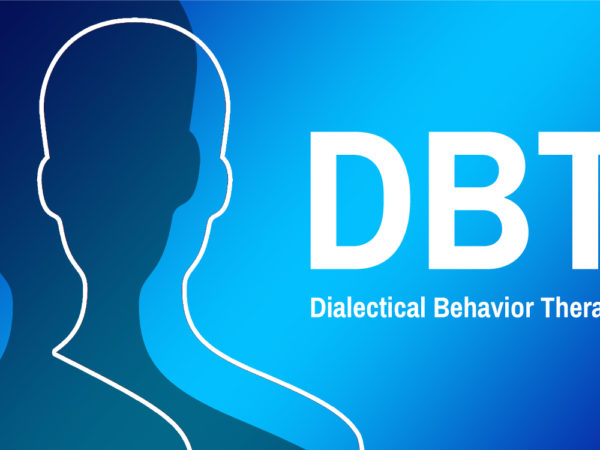
Dialectical Behavior Therapy – Its Relevance for Japan in Social Transition
“Dialectical behavior therapy (DBT)’s biosocial theory posits transactions between an invalidating environment and an individual’s emotional vulnerability as the factor for the development of borderline personality disorder.”
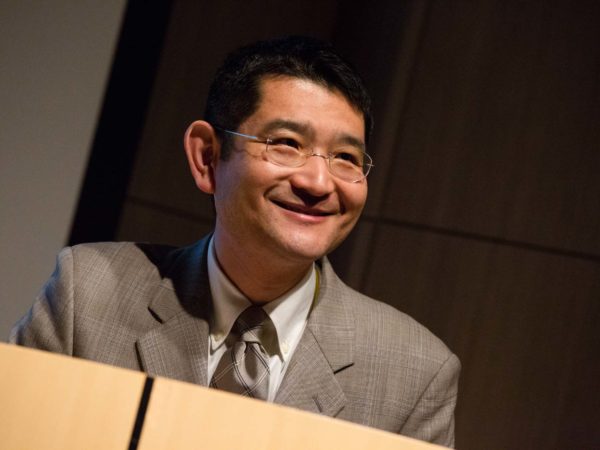
Beyond Cuteness: An Emerging Field of the Psychology of “Kawaii”
“Kawaii” is often translated as “cute” in English, but the nuances and connotations of the two words seem to be different. In this presentation, Professor Hiroshi Nittono of Osaka University discusses which aspects of kawaii are unique to Japanese culture and which aspects seem to be universal to all humans.
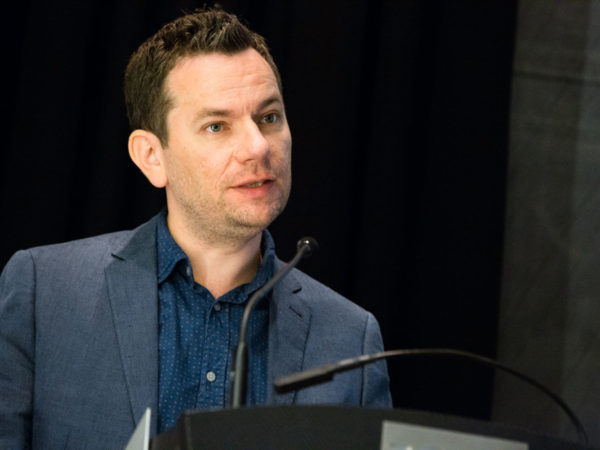
Memory and the Modern City
Densely populated, cities are also thickly inhabited by memories. This lecture explores the processes by which some aspects of the past are physically or emotionally inscribed into the built landscape, while others are overlooked or forgotten.
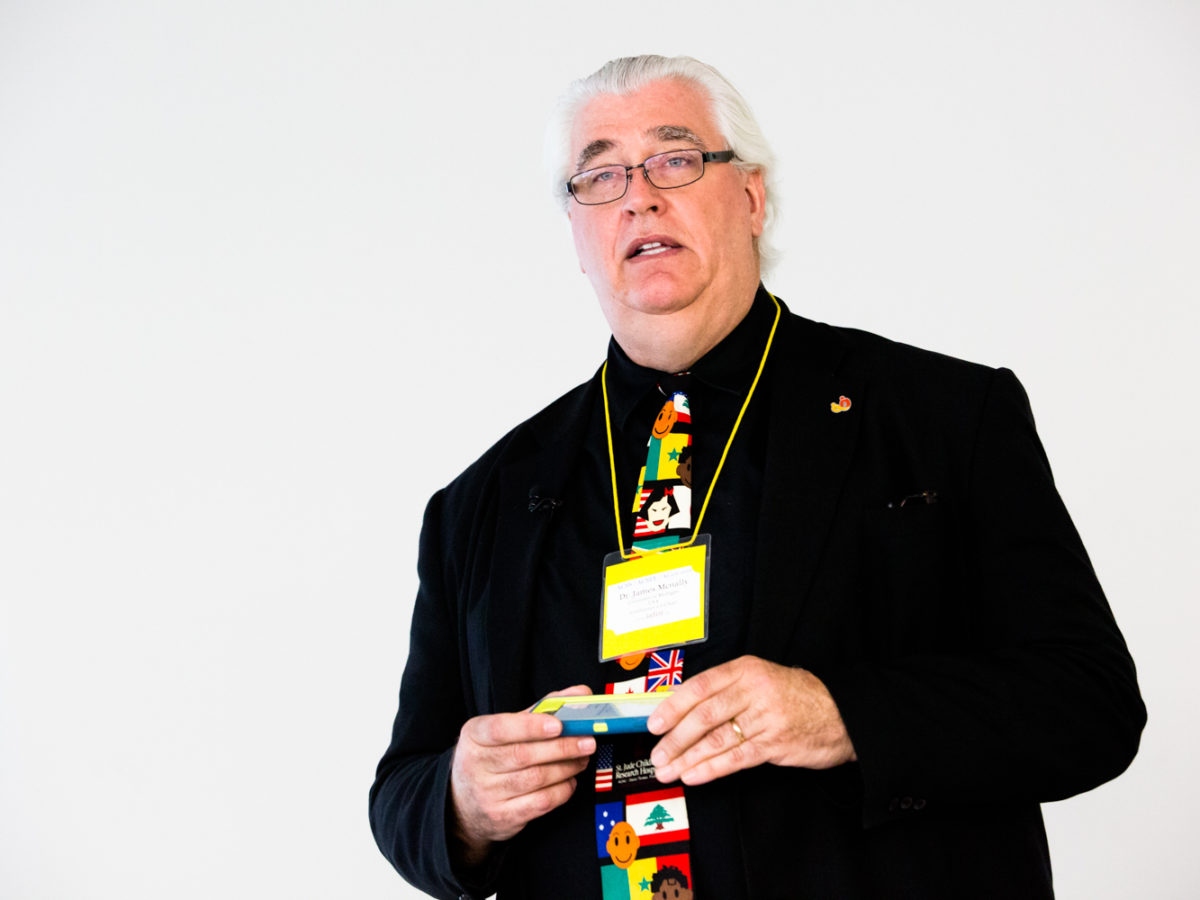
The Impact of Family Support on the Mental Health of the Elderly
In this interview, IAFOR IAB Executive Council Member Professor Dexter Da Silva talks with the Director of The National Archive of Computerized Data on Aging (NACDA) Dr James McNally.

The Divided Self – How a Better Understanding of the Human Mind Could Transform Society
“we must recognise that people don’t actually have a mind – they have two, and this may hold the key as to why people behave in the way that they do. Human beings have ‘a divided self’ and the way that the two separate systems interact may ultimately hold the key to our survival.”
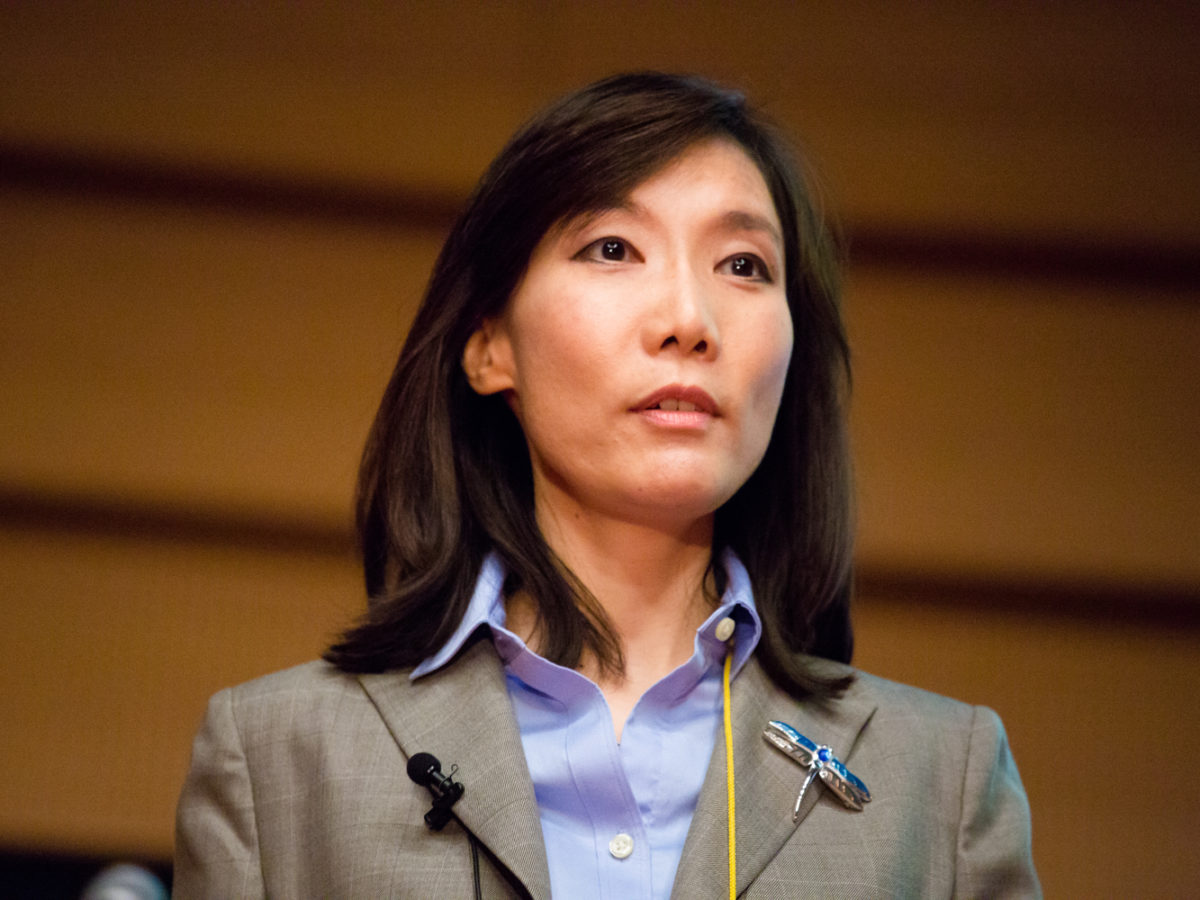
Context-Specific Motivational Beliefs: Determinants of Adolescent Learning & Self-Regulation
In this presentation, Professor Mimi Bong argues for the importance of context-specific motivational beliefs in the self-regulation and academic performance of adolescent learners.

New Religions and Cults
In this interview, religious scholars Professor Stuart D.B. Picken and Dr George Chryssides discuss the emergence of new religions and cultism.
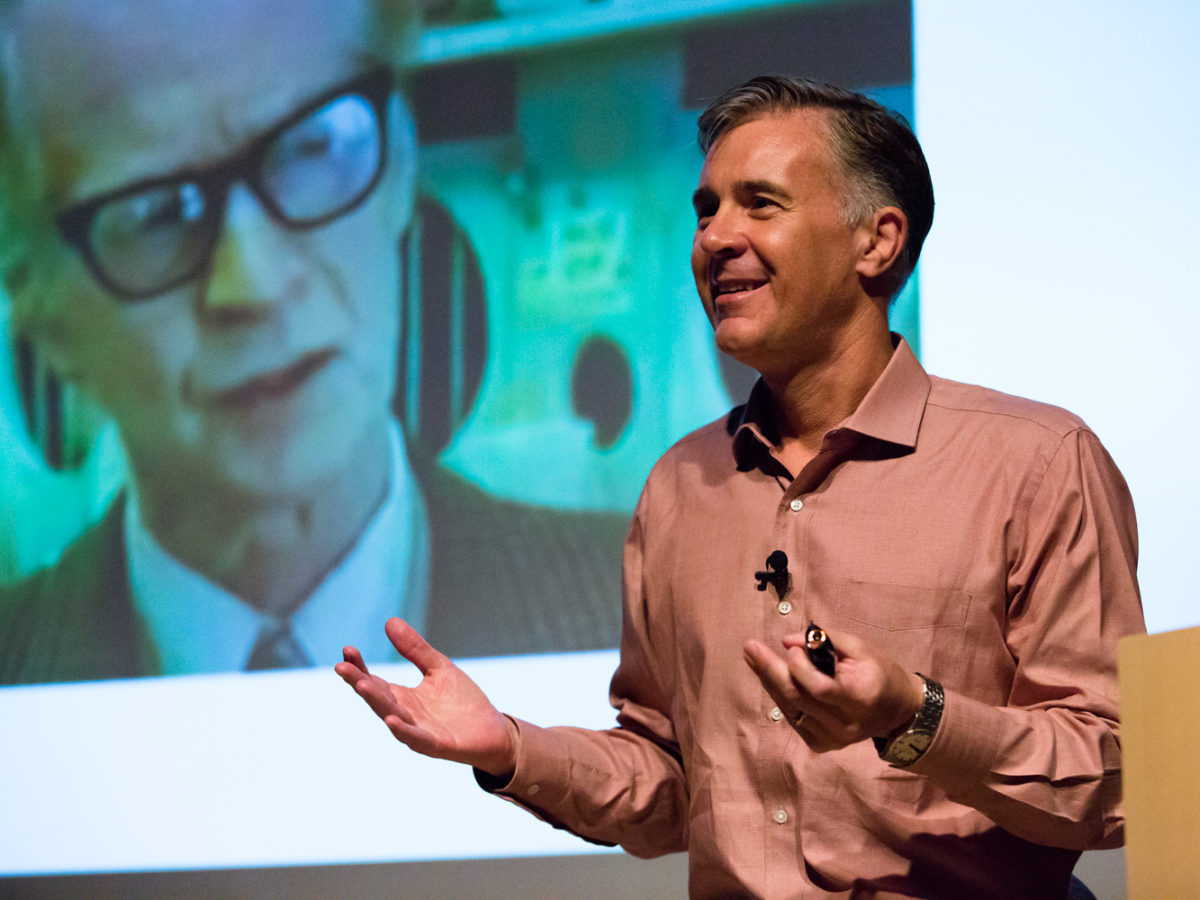
Connections between Psychology and Instruction
In this interview, Professor Stephen Ryan describes his personal experiences in the classroom and the relationship he sees between the hard sciences and natural sciences.
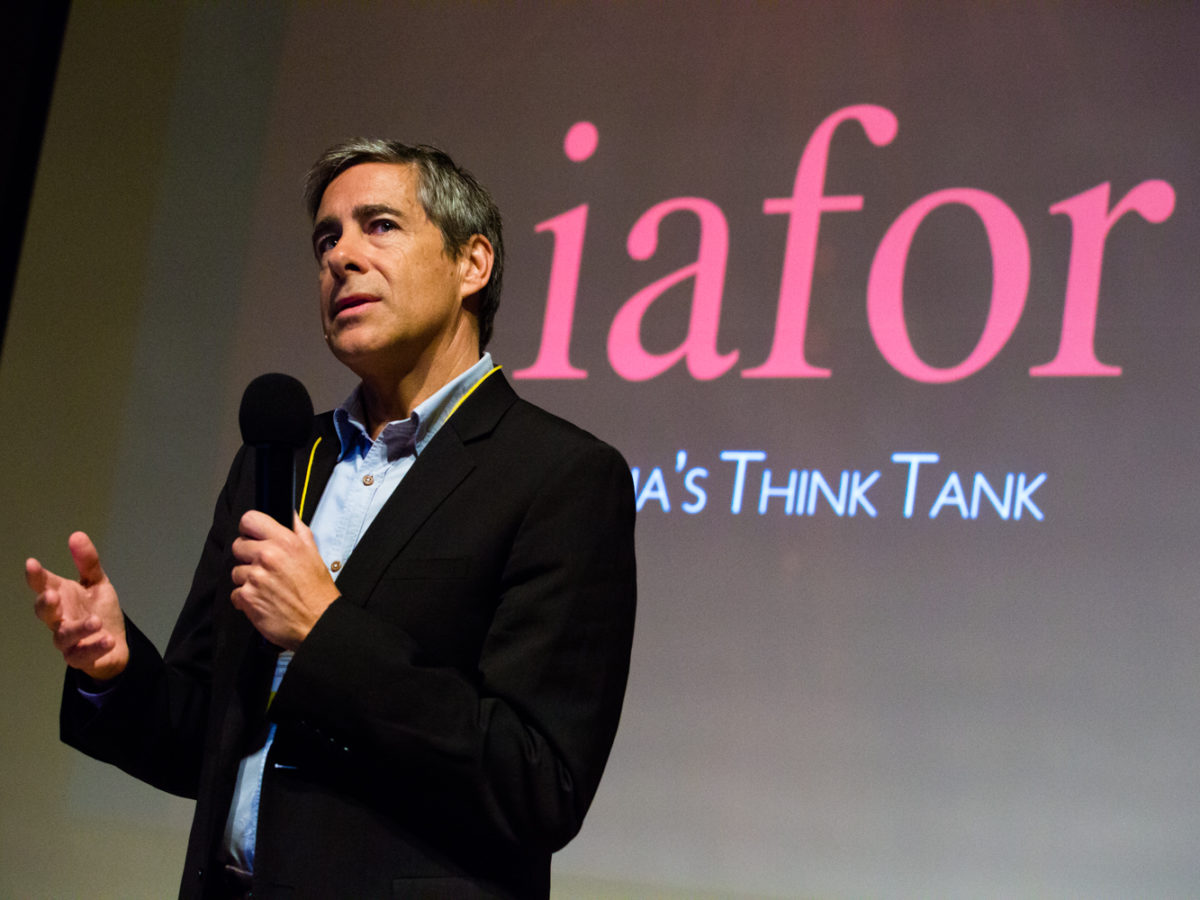
IAFOR – International, Intercultural, Interdisciplinary
The International Academic Forum (IAFOR) brings together influential academics and decision-makers from around the globe who have one thing in common: a desire to make a difference.
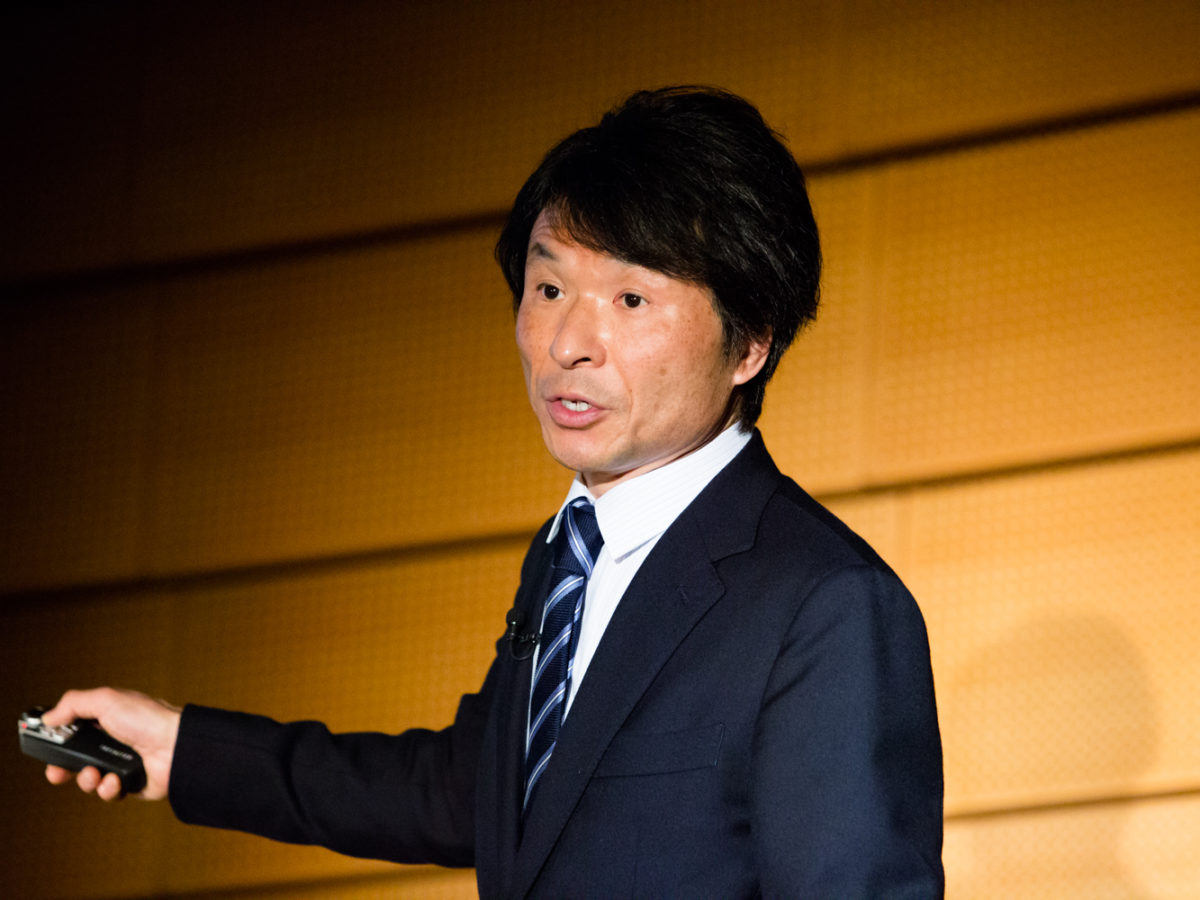
Motivations, Biases and Punishment Minoru Karasawa
In this interview, Dr Minoru Karasawa of Nagoya University, Japan, speaks with IAFOR Executive Director, Dr Joseph Haldane, about the issue of fairness and bias when choosing punitive measures as a form of punishment.
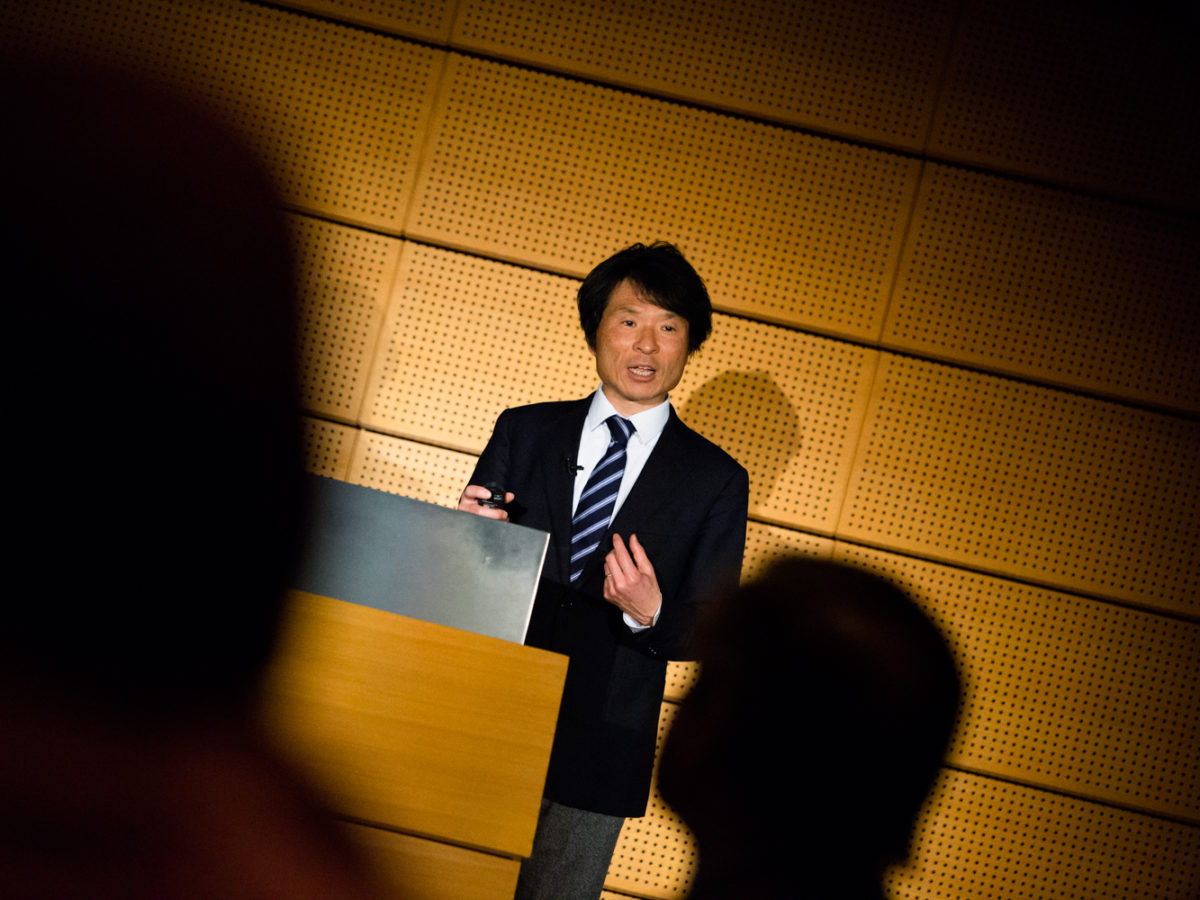
Blameworthy Character Invites Harsher Punishment
In his Keynote Presentation at The Asian Conference on Psychology & the Behavioral Sciences 2014 (ACP2014), Dr Minoru Karasawa presents his finding on the effectiveness of punishment in Japanese society.
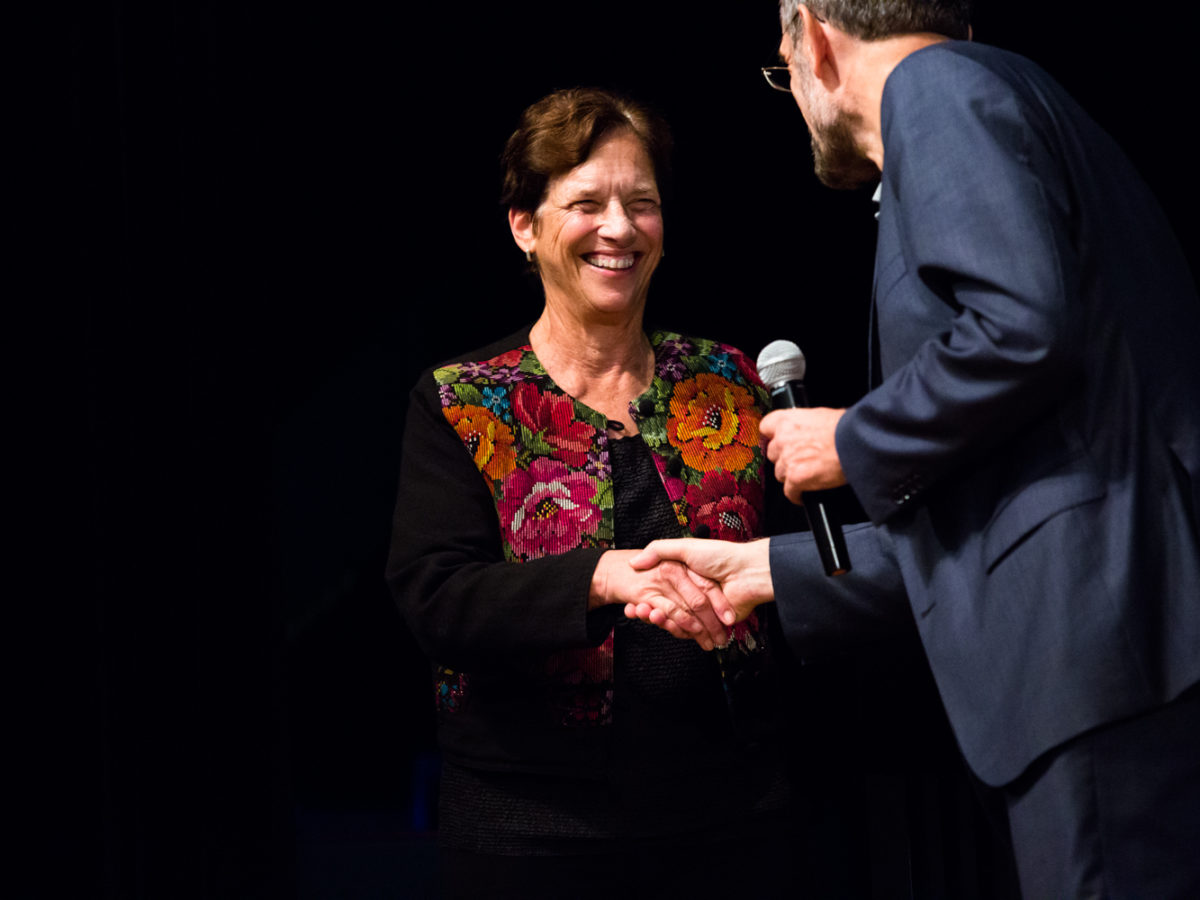
IACCP 2016 – The 23rd Congress of the International Association for Cross-Cultural Psychology
IACCP 2016 – Photography Highlights from The 23rd Congress of the International Association for Cross-Cultural Psychology in Nagoya, Japan.
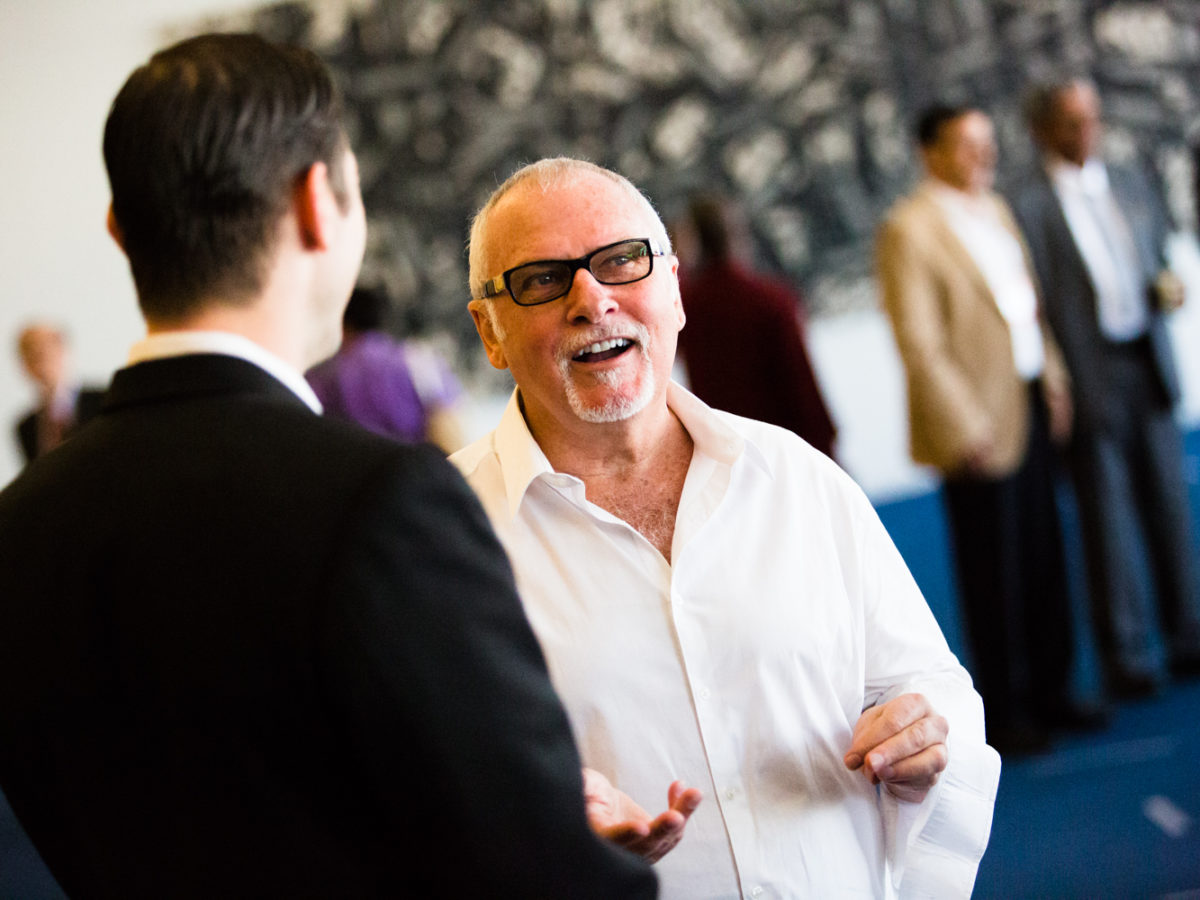
Deconstructing Learner Identities
In his Keynote Address Professor Dennis McInerney examined the philosophical nature of identity and in this interview IAFOR Executive Director, Dr Joseph Haldane, continues the discussion on identity with Professor McInerney.
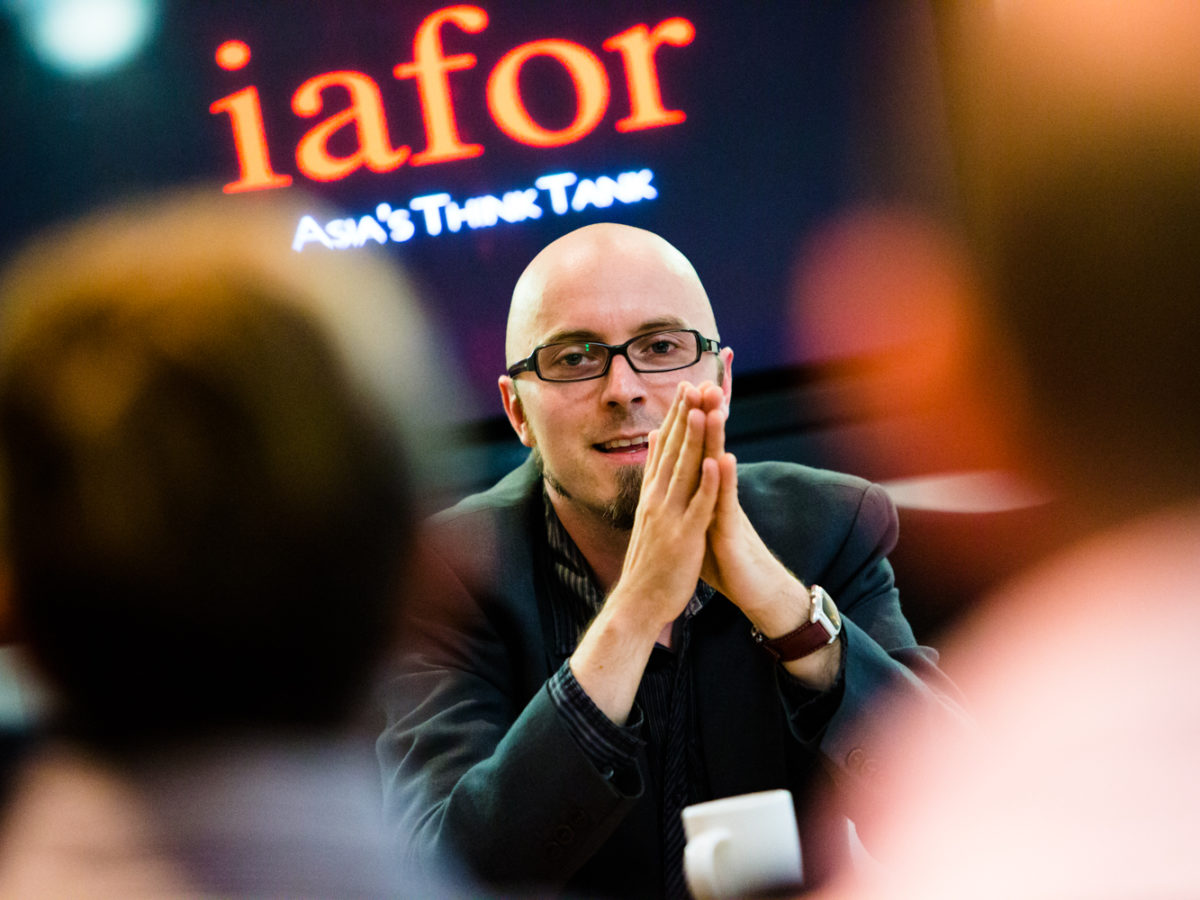
IAFOR & Interdisciplinarity
Learn how IAFOR’s conferences and publications encourage interdisciplinary activity and its expansion in academia.
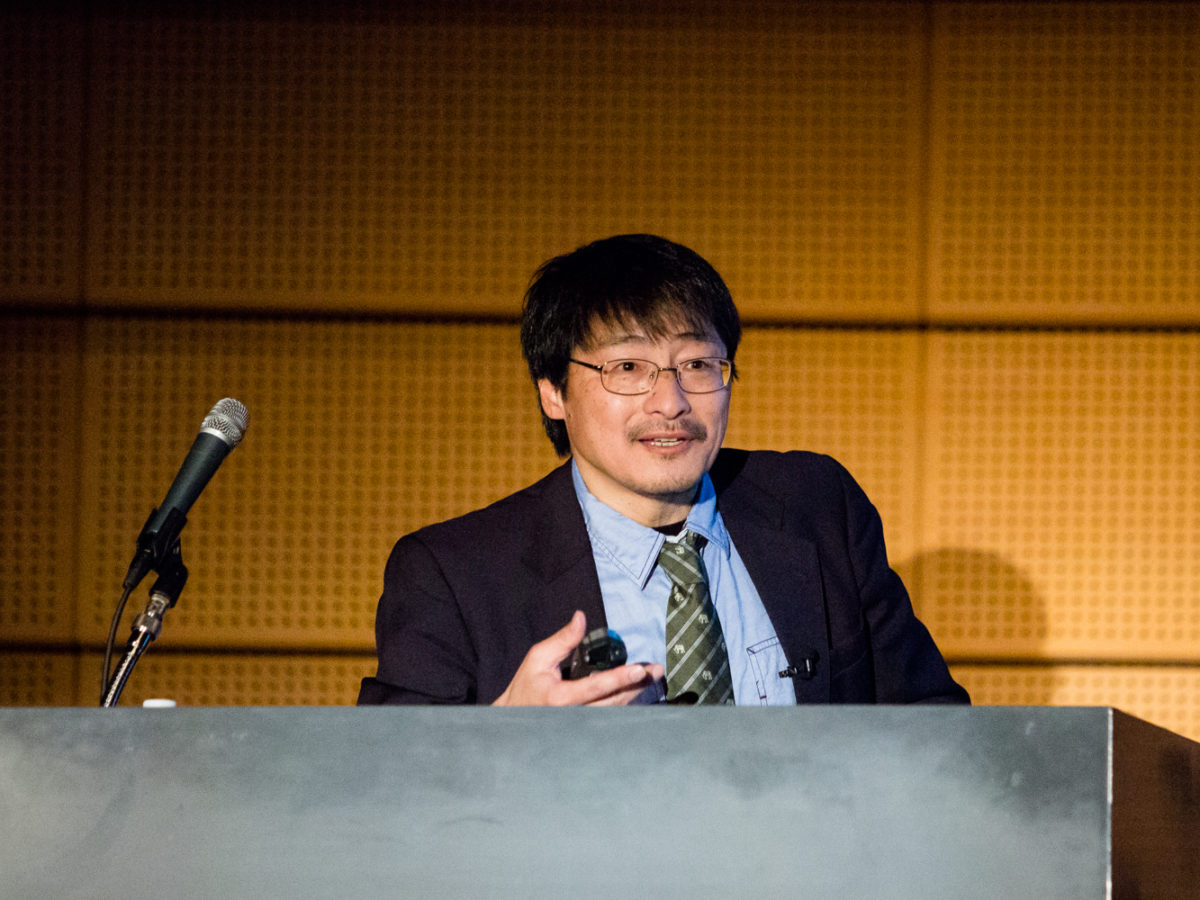
Rethinking Interpersonal Conflict Strategies: Is Avoiding really that Bad?
Professor Jiro Takai of Nagoya University discusses his research on interpersonal conflict resolution strategies and elaborates on why, when and how avoiding conflict can actually be a wise choice in managing interpersonal conflict.
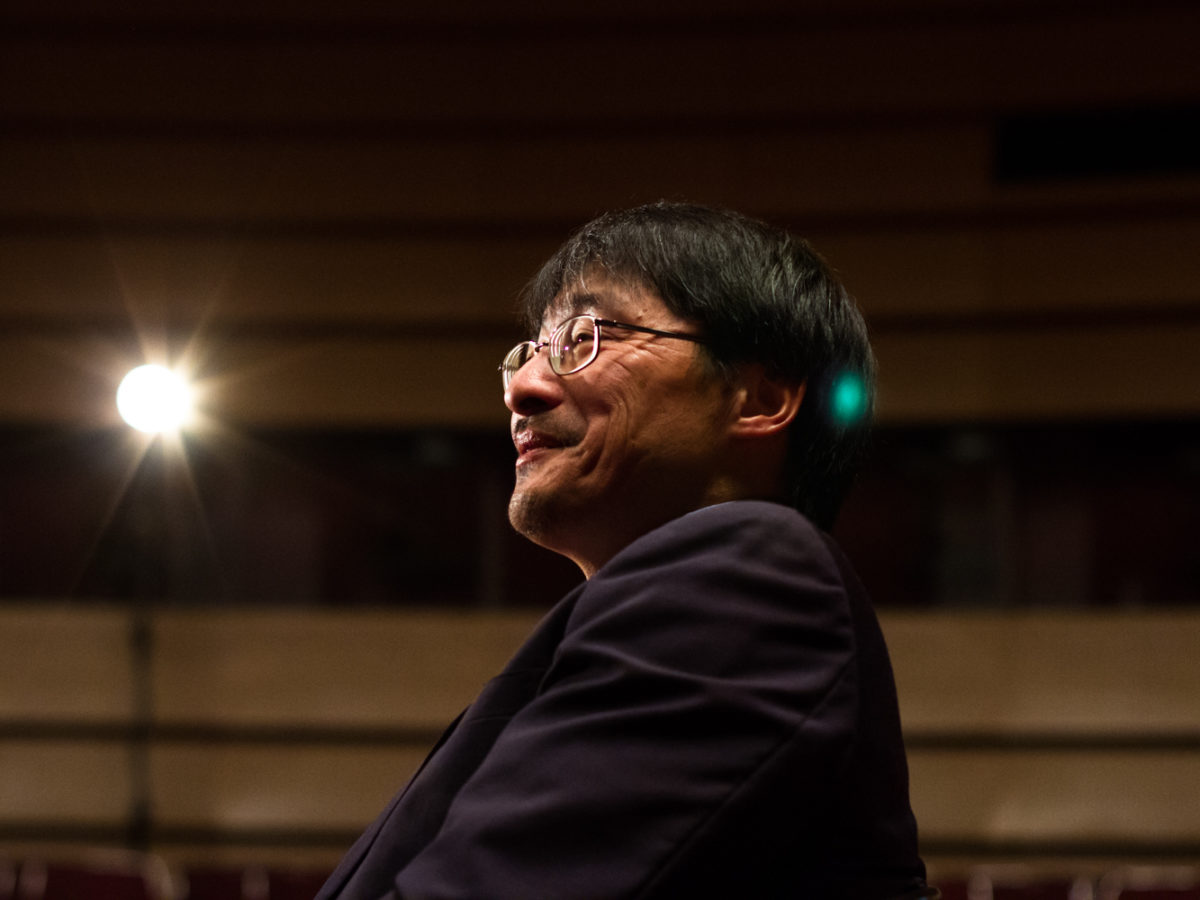
Avoiding Conflict in Japanese Society
Professor Jiro Takai of Nagoya University explores the merits behind a variety of strategies and methods used in conflict management in Japanese society.
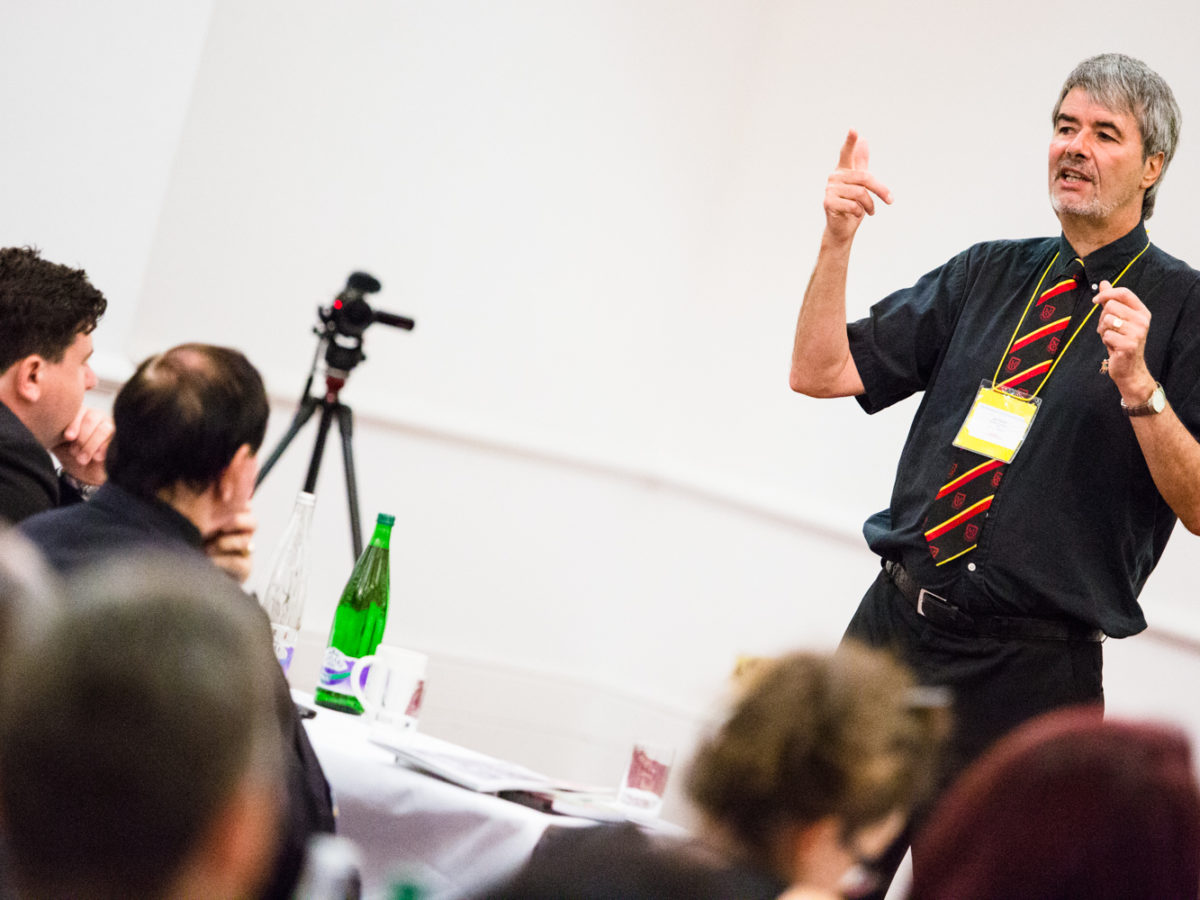
The Dyslexia Debate
“If you struggle to learn to read, it’s a massive threat to your identity,” says Professor Joe Elliot of Durham University, UK. In this presentation, Professor Elliot calls for an end to the use of the dyslexia label and provides an alternative proposition.
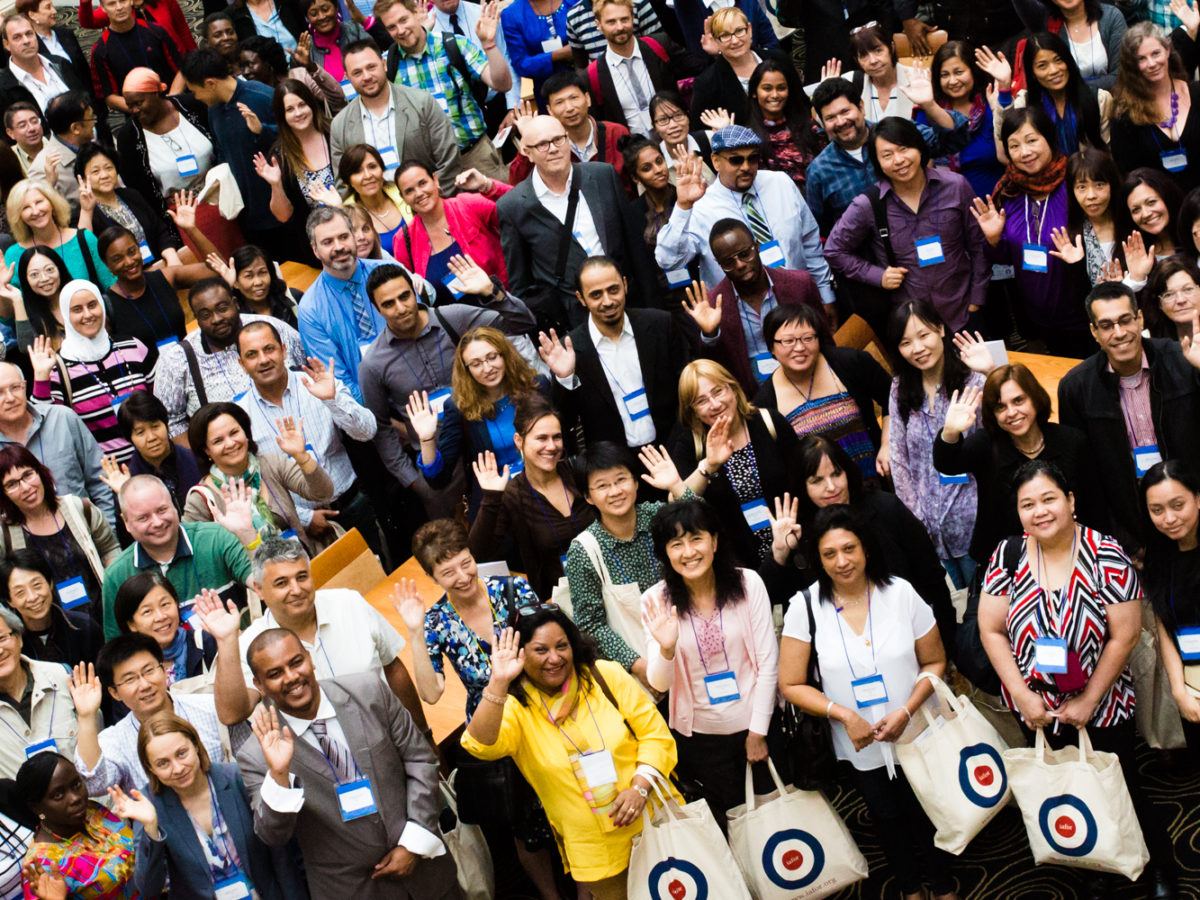
Why join an IAFOR conference?
A look into the international, intercultural and interdisciplinary world of an IAFOR conference and why you should attend. Featuring footage shot at our conferences and interviews with leading academics.
